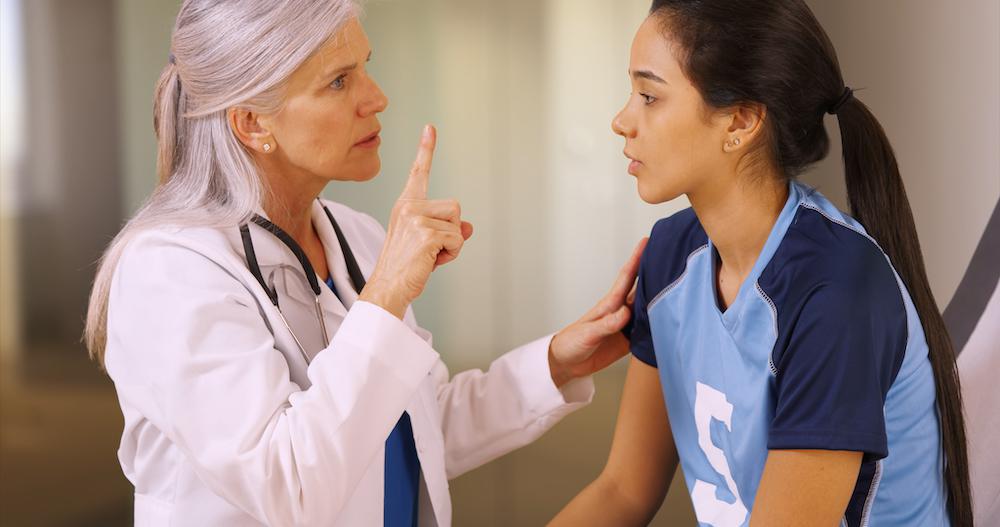
It’s easy to think “concussion” when you watch heads bounce as pro football players or weekend hockey warriors collide with one another, and the ground, while battling for the win. What you may not know, however, is that every year hundreds of thousands of children report to emergency rooms due to concussions.
At PANDA Neurology & Atlanta Headache Specialists in Atlanta, Georgia, our team of board-certified neurologists and highly skilled support staff are well-known for their expertise in diagnosing and treating children who have sustained a concussion. We’re happy to provide information about childhood concussions since parent education is often the first step in successfully diagnosing and caring for children with traumatic brain injuries.
What is a concussion?
A concussion is a mild traumatic brain injury (TBI) that occurs when a fall, blow to the head, or other action causes your head to move back and forth with tremendous force. This can result in your brain moving violently inside the skull and striking the skull, which can change your brain chemistry and alter the way your brain works for a time — leaving you with a concussion.
Most concussions are mild, and provided your child follows treatment recommendations, they heal within several days to weeks. Returning to sports play or normal activities too soon, however, can result in another blow to the head, prolonged symptoms, and lasting damage.
Concussion symptoms in children
Concussion signs and symptoms can vary between individuals and are often tricky to identify in children, especially very young children.
Your child may complain of:
- Headache
- Blurred or double vision
- Nausea that may lead to vomiting
- Dizziness or balance problems that cause difficulty walking
- Problems focusing attention
- Not feeling well
Other signs of a possible concussion include:
- Difficulty remembering what happened during an injury or accident
- Slurred speech
- Nonsensical talk that does not apply to the conversation at hand
- Unexplained or unusual irritability, anger, or anxiety
It’s important to remember that your child may or may not lose consciousness with a concussion and remaining conscious does not rule out the possibility of concussion.
Many school sports and league teams have coaches and other individuals available who are trained in sideline concussion testing. This does not take the place of medical treatment but can alert you to the need for emergency medical care.
When to see the doctor
We encourage parents to bring their children in for an evaluation any time they’re concerned about their child’s behavior or health following an injury. However, even if your child seems to be acting normally, seek medical care whenever your child loses consciousness, even very briefly, after an accidental fall, blow to the head, or other injury.
Other symptoms that indicate the need for urgent medical attention include:
- Repeated vomiting
- Difficulty recognizing people or places
- Significant confusion
- Numbness or tingling in the arms or legs
Also seek medical care for symptoms that seem to worsen over time, such as a mild headache that becomes increasingly painful or confusion that occurs several minutes to hours after the injury.
It’s true that concussions are usually mild, but even a mild traumatic brain injury should not be ignored. Don’t hesitate to call us at PANDA Neurology if you think your child may have experienced a concussion, or if you need care for any other neurological concerns.
